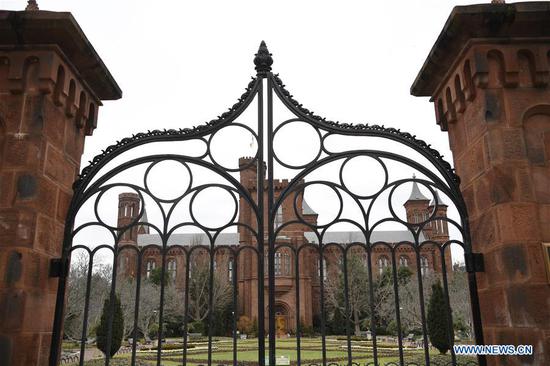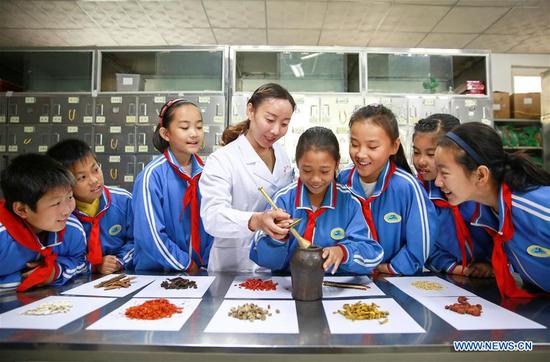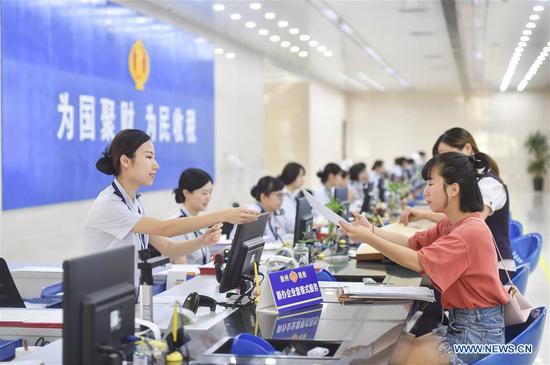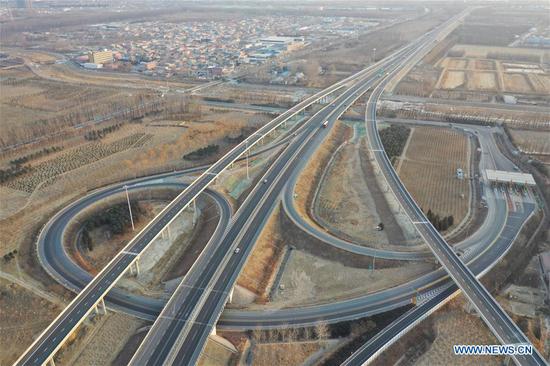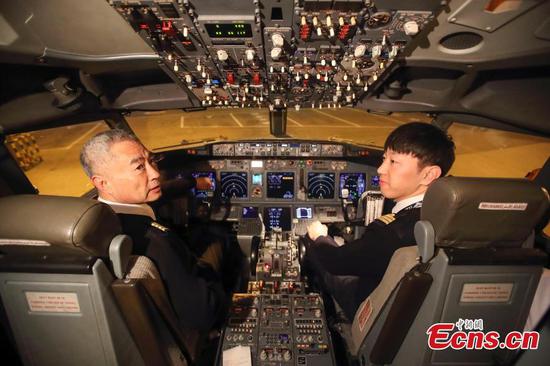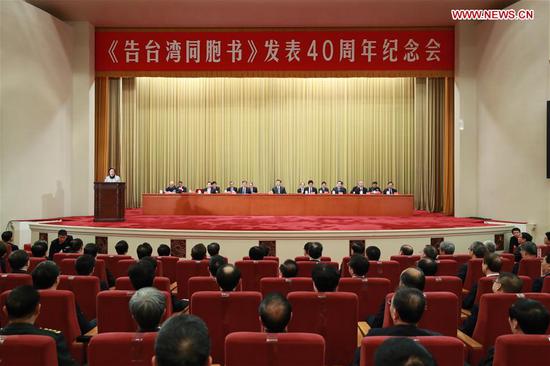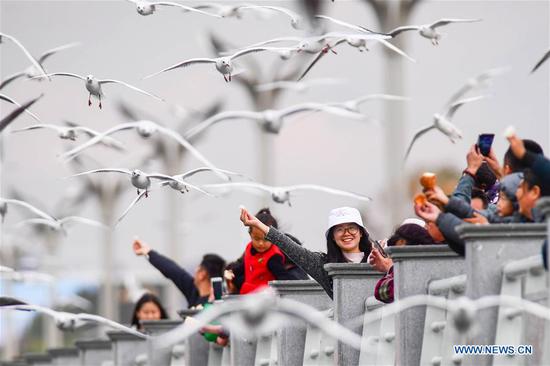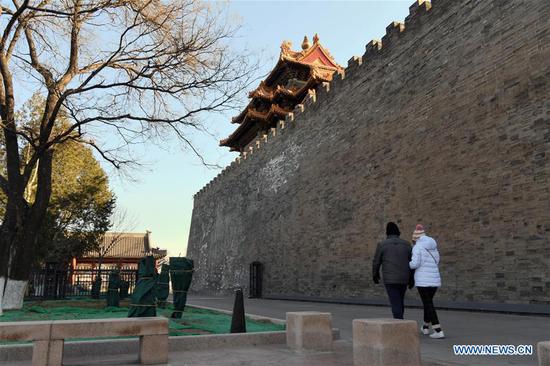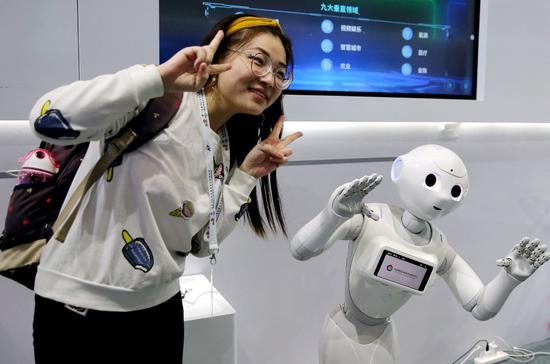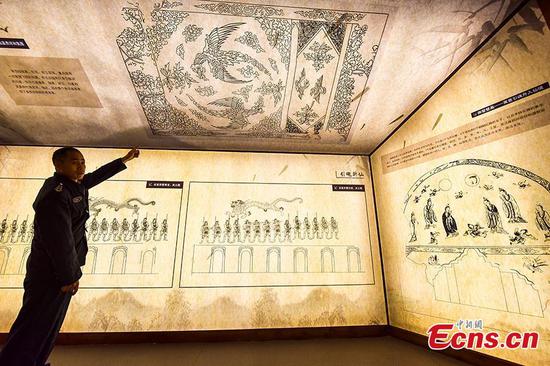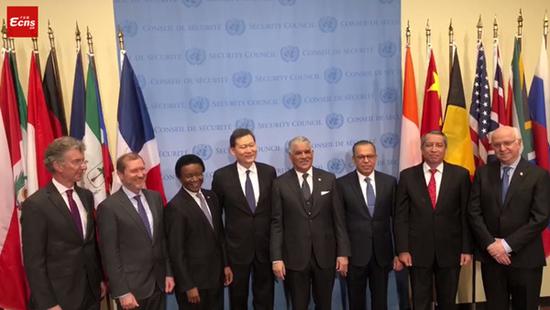Private economy drives economic growth
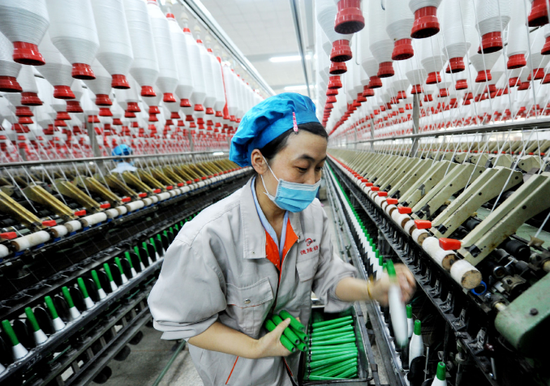
Last year, China reiterated that it respects the role the private economy has played in the country's economic development and its contribution to national prosperity.
At a meeting on Nov 1, Xi Jinping, general secretary of the Central Committee of the Communist Party of China, said it is the Party's consistent policy to support the development of the private economy, and that it will be maintained.
The private economy is acknowledged as an important part of the socialist market economy and is an important basis for the country's economic and social development. By the end of last year, there were more than 27 million private businesses in China.
They accounted for 50 percent of tax revenues, 60 percent of GDP, more than 70 percent of technological innovations and more than 80 percent of urban employment.
Tax reforms aim to expand domestic consumption
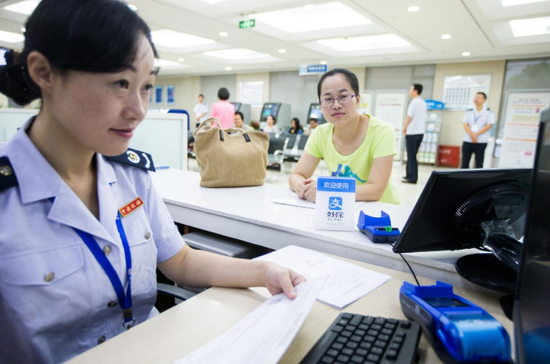
On Tuesday, additional individual income tax deductions came into force to reduce the burden on Chinese taxpayers.
The deductions cover six categories: children's education; continuing education, healthcare treatment for serious diseases; mortgage interest; rent; and senior care.
The reform will reduce the overall tax burden and optimize the tax structure, especially benefiting people on low and middle incomes.
Before the deductions came into force, new tax brackets were introduced that raised the minimum threshold for personal income tax from 3,500 yuan ($509) per month to 5,000 yuan.
The changes will stimulate consumption and boost domestic demand as a key measure to supplement fiscal policy, according to analysts.
More tax policies will be unveiled this year, Finance Minister Liu Kun said.













